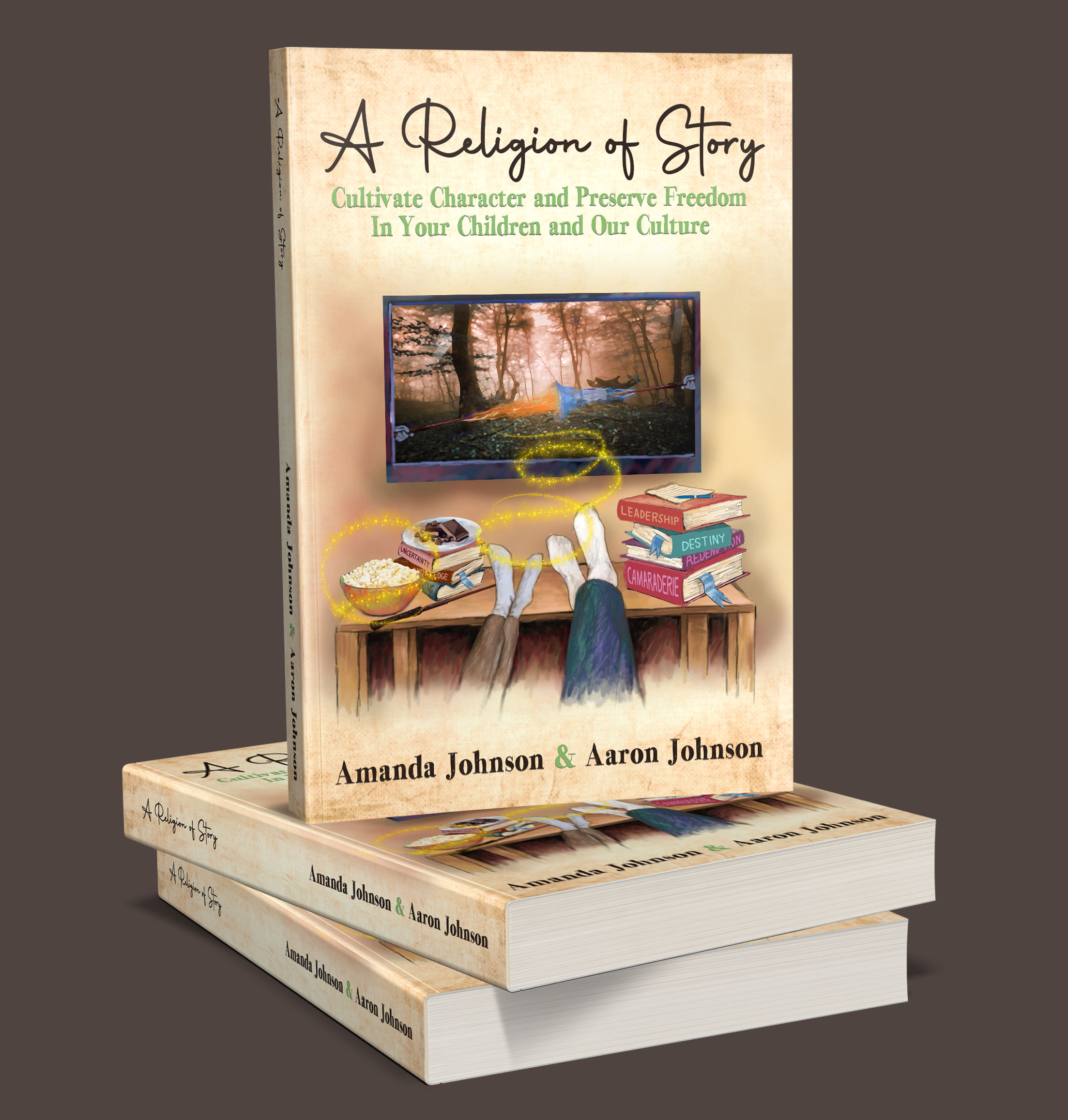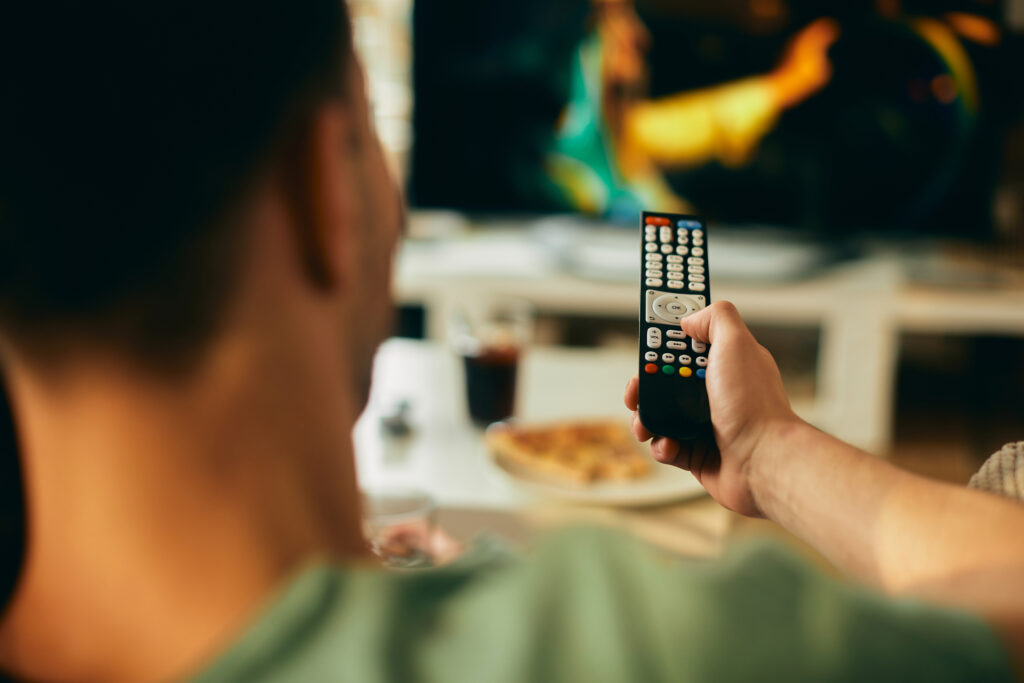In the last few weeks, I’ve lost count of the number of times I have heard or read content that equates Netflix binges with numbing substances such as alcohol and drugs, or behaviors such as promiscuous sex or self-harm.
It’s just being included in lists as one of the many ways people numb themselves and avoid reality.
It’s becoming a meme.
And I have to tell you—I have a serious problem with it.
Do people spend hours in front of their TV instead of out in the world?
Yes.
Do some of them pick up the remote instead of the phone or a book when they’re hurting, confused, etc. and need to just “check out”?
Yes.
Is bingeing Netflix, Prime, or your favorite streaming service the same as numbing yourself with harmful substances or self-destructive behaviors?
I don’t think so. While we might be following a perceived impulse to escape or check out or numb, I personally believe something else is happening here.
The real problem with this meme is that, like so many others,
it leaves out so many other (and often truer and more empowering) possibilities.
What if, when we pick up the remote, especially when we are in pain, we are following a very ancient, very sacred instinct?
For millennia, tribes of people would circle around the campfire regularly to hear their elders repeat the tales of heroes completing quests, facing villains, and pressing on through Life’s inevitable challenges and suffering. From the time children were young, they were given examples and models of ancestors or characters who thought, felt, and struggled with the same thoughts, feelings, and circumstances—often at an even bigger scale. Of course, these stories were powerful methods of passing along the history, the morality, and the traditions of a culture; but they were also opportunities for deep insight, wisdom, and guidance.
But most of us don’t have these “campfire experiences” anymore.
Many of us don’t have “trusted elders” who share the great stories,
or even their own stories, from which we could learn.
And sadly, most of us are “on our own” to figure out how
to face the inevitable suffering and beauty of Life.
So, we…
…get overwhelmed by a creative project that is asking more of us than we thought it would
…finish one of those unnecessary fights with a partner
…hang up the phone with someone who’s lost a loved one
…have a major run-in with a boss…
…(fill in your own regular reason for picking up the remote)
And we decide to STOP IT ALL for a moment (shoot, this actually sounds like an unconscious attempt at mindfulness, doesn’t it?) and grab the remote.
What if this reaction is actually our ancient, sacred instinct to lean into Story for some sort of insight, wisdom, guidance—to…
- ask, “Am I the only one who’s ever felt this way or faced this challenge?” and quickly feel the relief of realization that we are not alone in our feelings or circumstances?
- wonder, “How the hell am I supposed to address this person/problem?” and then see a character in our favorite show handling something similar like a total badass?
What if some quiet time in front of a television allows us to process feelings
we don’t feel able or comfortable sharing with people in our lives?
What if watching imperfect humans feel and struggle and make great and terrible choices
is exactly what we need to identify and take that next step?
What if that show that we’re addicted to is actually giving us an answer we need?
What if we are missing those answers because our culture has completely forgotten
WHY stories exist and HOW they can be used to help us
heal, grow, and change the world?
And hey… what if we started questioning and challenging
all of these cliches and memes that keep us from essential truths?
If you haven't seen it already, check out the book I wrote with my son.
It's our story of using Story mindfully to navigate through life.
And if you really want to learn how to do this, join us for our Saved By Story Club HERE.


